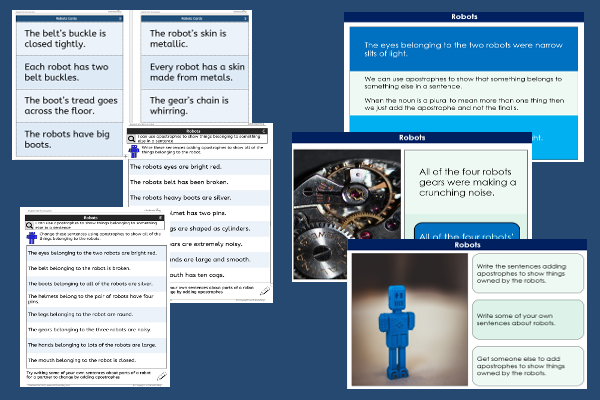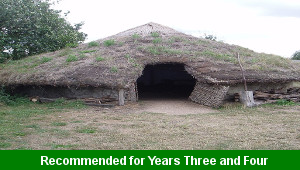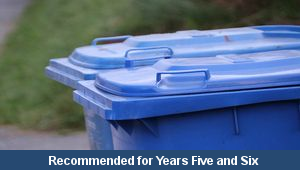Robot Tasks

This English teaching pack for Key Stage Two gets the children to practise using apostrophes to indicate possession in different sentences about robots who can perform a range of tasks for families in their homes.
The class can identify and explain where to add apostrophes to punctuate phrases correctly with plural nouns to indicate possession of different objects owned by something else.
Download this teaching pack including classroom activities and an interactive presentation to teach the children to practise using apostrophes to indicate possession in different sentences about robots who can perform a range of tasks for families in their homes
Activities in this teaching pack include a set of cards to select and sort word phrases about robots between possessive apostrophes and plurals and some differentiated worksheets to indicate where to use apostrophes to for possession in sentences about tasks that might be performed by robots.
The interactive presentation gets the children to identify and explain how to punctuate sentences using apostrophes to indicate possession in plural noun phrases to suggest how robots might complete different tasks.
This lesson is part of an English scheme of work to get the children to practise using apostrophes correctly in matching sentences to describe some of the things that might be owned by families in the future. There are teaching activities for shared learning, differentiated worksheets to support independent learning and interactive presentations to introduce concepts and key skills.
-

Bronze Age
Research and illustrate how life in Britain developed and changed during the Bronze Age including the growth of communities and trade
-

Future World
Practise using apostrophes correctly in matching sentences to describe some of the things that might be owned by families in the future
-

Recycling Bin
Select, format and adjust the properties of different shapes when creating the graphic design for a recycling bin for use in school classrooms
-

Space Helmets
Select, shape and combine different mouldable materials to make a model of an astronaut’s helmet that could be worn when exploring space
